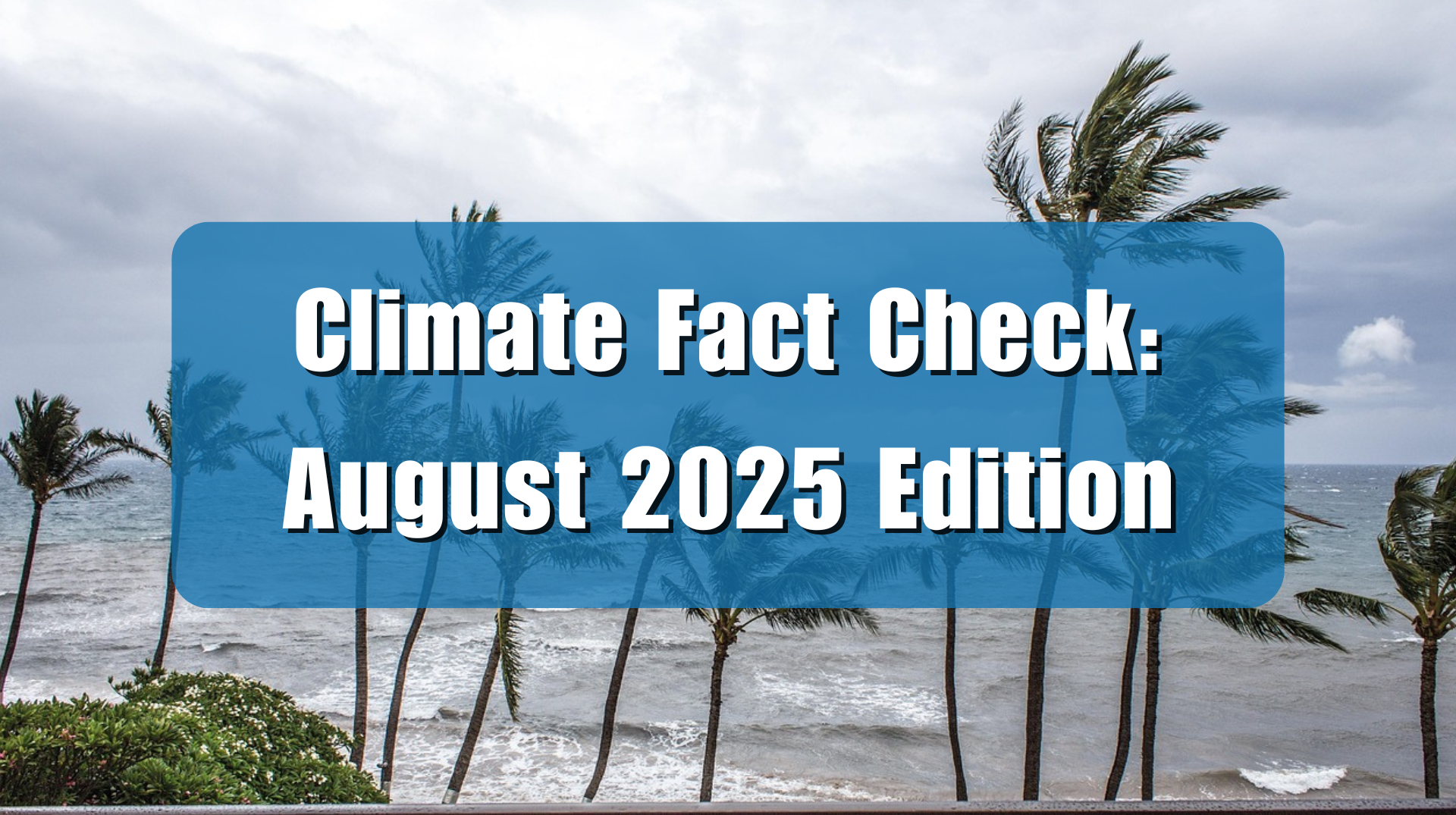Last week an editorial in our small town newspaper was brought to my attention. It was entitled “Energy opportunities ignored, rate payer will pay more” and is most likely behind a paywall. It was, simply put, an awful editorial. It promoted all manner of unsupportable notions about energy generation and delivery. Just to give you a flavor of the editorial, I will quote one short section.
“Most cities could get a majority of their power from solar and battery storage at a price similar to new gas plants. The costs of solar and batteries are coming down fast.”
No data backs up any of these or similar claims. I mentioned in response that the authors missed that our utility bills have risen 46% in two years already, much of which is rising gas usage and cost related to balancing wind/solar, and also to market purchases of power.
The piece focusses most of its energy, though, attacking the most recent Integrated Resource Plan (IRP) of our local utility for backtracking on promises made years ago to abandon fossil fuels. It urges people to write to our Public Service Commission (PSC) and ask it to emphasize ratepayer cost and public health in its decisions about energy generation. Somehow this will help them abandon fossil fuels or force the utility to do so.
This opinion piece is unremarkably similar to an uncountable number of opinions expressed in the media each day. But my attention was not drawn to the piece itself, but to the writers’ affiliations. Both are members of the Citizen’s Climate Lobby and one additionally to an entity named republicEN.org, which one of the writers of the opinion piece suggests is a “community of conservatives dedicated to free enterprise actions on climate change.”
Free enterprise I am generally all in favor of. However, what has conservative or progressive, or any other political orientation, have to do with energy generation and delivery? As Margaret Thatcher said long ago, “the facts of life are conservative”, and the fact of life that most supports this statement is the very nature of energy. It is determined not at all by human affairs.
Thus, I was drawn into a closer examination of both Citizen’s Climate Lobby and republicEN.
Citizen’s Climate Lobby
This group’s website advertises two main initiatives: 1) Permitting reform, and 2) Nonpartisan Climate Advocacy.
Permitting reform is the idea that besides receiving hundreds of billions of dollars of taxpayer subsidies, clean energy (wind, solar, batteries) really could use the permitting rails greased for them as well. We can’t do enough for clean energy.
Nonpartisan Climate Advocacy looks like vanilla flavored lobbying – better to label it advocacy of course. The “nonpartisan” label here is false as a person can see by the advisory board members. A few of these, like Dr. Silvia Earle, are minor environmental celebrities. I recall her being a spokesperson for Rolex, but she has founded or is connected to many other environmental advocacy groups as well. Dr. Steven Chu is a Nobel Prize winner. Michael Gerrard is a Director of Climate Change Law and Chair of the Earth Institute at Columbia University. Climate Change Law, of course, provides advisory support for climate litigation and the writing of climate related regulation.
Follow the path to the Earth Institute and what one finds is a long list of members who are, themselves, directors of other institutes, including NASA Goddard. What one learns quickly is how higher education can spend billions of dollars not educating anyone, but providing good paying jobs.
It is a very large web of connections. Pretty powerful ones.
RepublicEN
This group’s webpages devote a lot of space to promoting their “right wing” advocacy – thus the play on the word “Republican” in the group’s URL. Anonymous testimonials speak of the members being Christian or Right-wing, but deeply concerned about climate change, and not science deniers, by the way. One might interpret the pitch crudely as “please join us in advancing progressive goals on climate change, and we will put you in an environment where we promise not to mock or harass you for your other beliefs.”
It turns out that republicEN is not an isolated group or a grass roots organization. It is a project of the Center for Climate Change Communication at George Mason University (CCCC). Following the path to this group reveals another of their initiatives is something called Climate Matters. A headline project here is helping TV weathercasters and journalists report local climate change stories. Apparently surveys done by CCCC have…
“revealed that TV weathercasters are highly trusted sources of information about global warming. They also have unparalleled access to the public, and superior science communication skills.”
Your local weather personality is the Marcus Welby of climate change.
Following a link on this Climate Matters page, takes a person further into one of CCCCs other partners, Climate Central. Here stories are produced for dissemination to local news organizations. There are only two things of particular note.
First, they promise
“…We defer to our partners on most final editorial decisions, but insist upon scientific accuracy and context. If we can’t reach agreement on the science in a story, we agree in advance that we will halt the project.”
If the opinion piece that started this effort is any indication, then accuracy falls short of this stated goal. The opinion piece was full of the usual flapdoodle about clean energy, prices, energy rates, and fossil fuels being horribly out of date as energy sources. OK; the Federal Energy Regulatory Commission (FERC) says otherwise, though.
Second, in terms of identifying for the public the origin of these stories they say…
“We share bylines with print partners and ask broadcast partners to mention our partnership in their coverage.”
This surely undermines trust between a media resource (print or TV) and its consuming public who have been conditioned to believe that news sources are independent. The general population are rapidly learning not to trust anything coming from the media. Climate Central’s effort in this case is probably hurrying this erosion along.
Conclusion
Two organizations, one espousing its nonpartisanship, and the other promoting itself a “right-wing” or Republican, are revealed as increasingly progressive leftist as one peels away layers of other affiliations and partnerships. We may be the world’s most viewed site about climate change, but we aren’t nearly so organized.
The bigger lesson learned, though? Nullius in Verba.
























Editor’s Note: Environmentalists have long tried to square the circle, claiming their environmental and climate goals are not just in line with conservative values, but at the very heart of conservatism. Across various forums green organizations have pushed “market solutions,” to address environmental problems, yet those solutions have little to do with markets, and a lot to do with government directing the economy and people’s personal choices through taxes, regulations, or frameworks. Bigger government is not conservative. As The Heartland Institute has detailed, Republicans who’ve been lead down the garden path by so-called conservative environmental groups and embraced climate activism in recent election cycles have most often gone down in defeat.
Arguably the most politically connected and visible leader of the faux-conservative coalition engaged in conning real conservatives to embrace climate alarmism is Benji Backer, who founded the American Conservation Coalition. The mainstream media, like CNN and the Washington Post, and the green media, like Mother Jones and E & E News, alike treat Backer as a hero, convincing conservatives to join the fight against catastrophic climate change, or, in the words of Mother Jones, “trying to nudge Trump in the right direction,” on the environment and climate change. As James Taylor, The Heartland Institute’s president, noted in a discussion of Backer and his efforts, Backer gets climate science and conservative politics both badly wrong.
As this guest post shows, Backer and the American Conservation Coalition are not the only groups posing as conservative in order to con true conservatives into supporting liberal or progressive climate policies that restrict or end fossil fuel use, and radically transform agriculture, transportation, and energy production.
Guest essay by Kevin Kilty